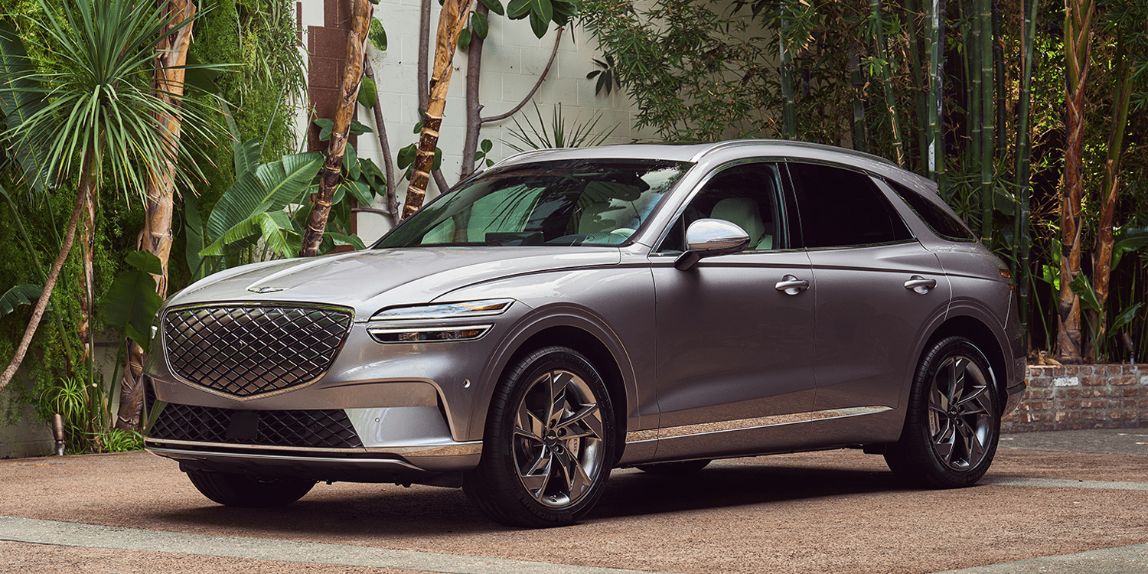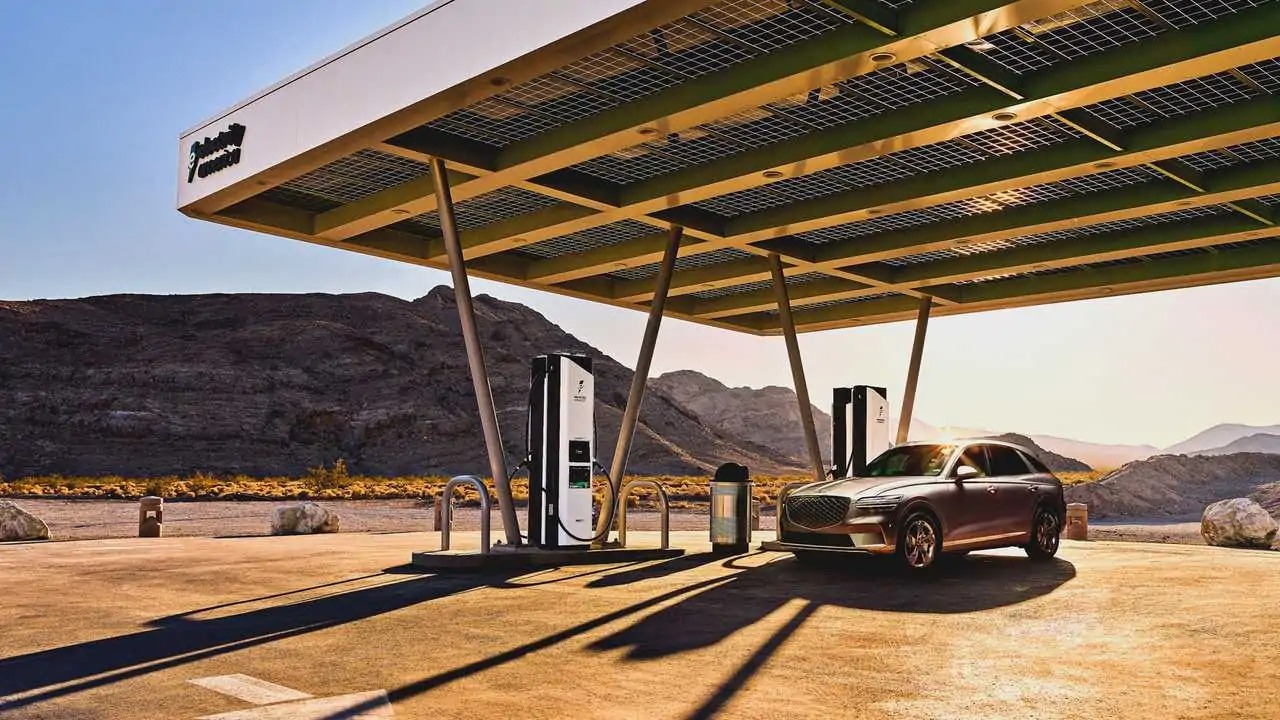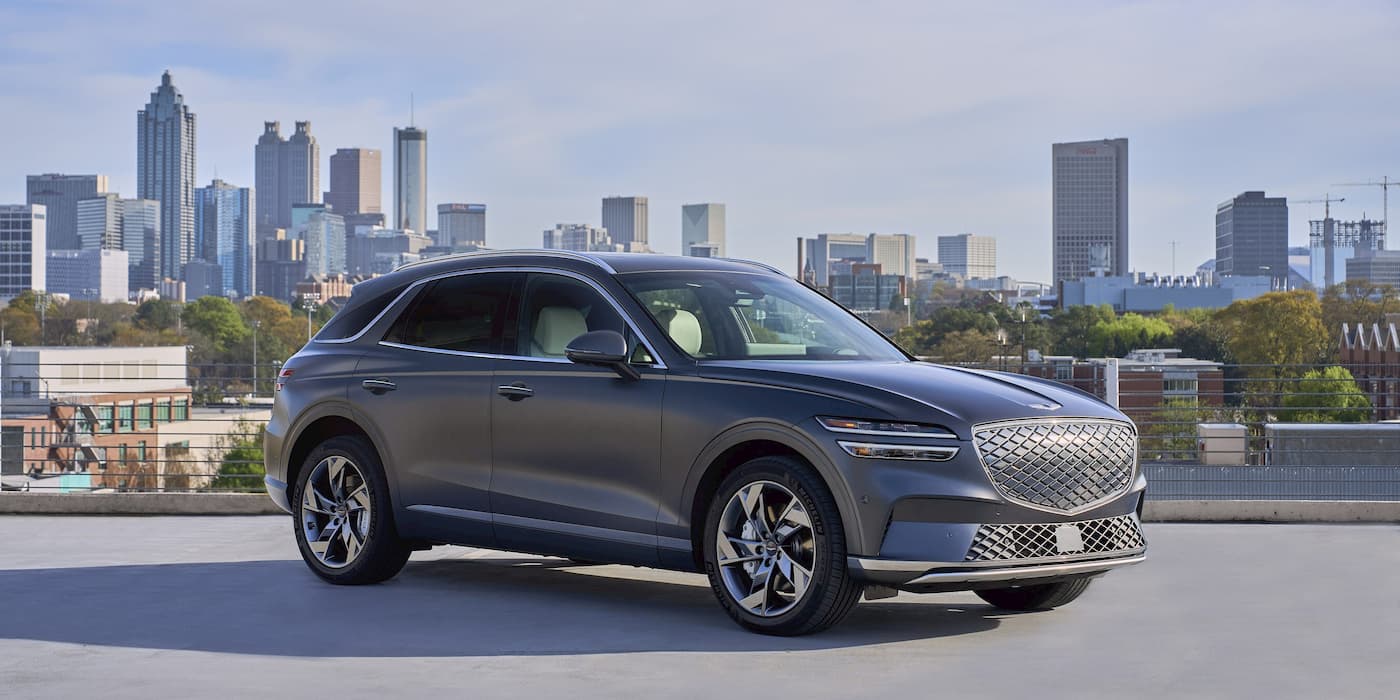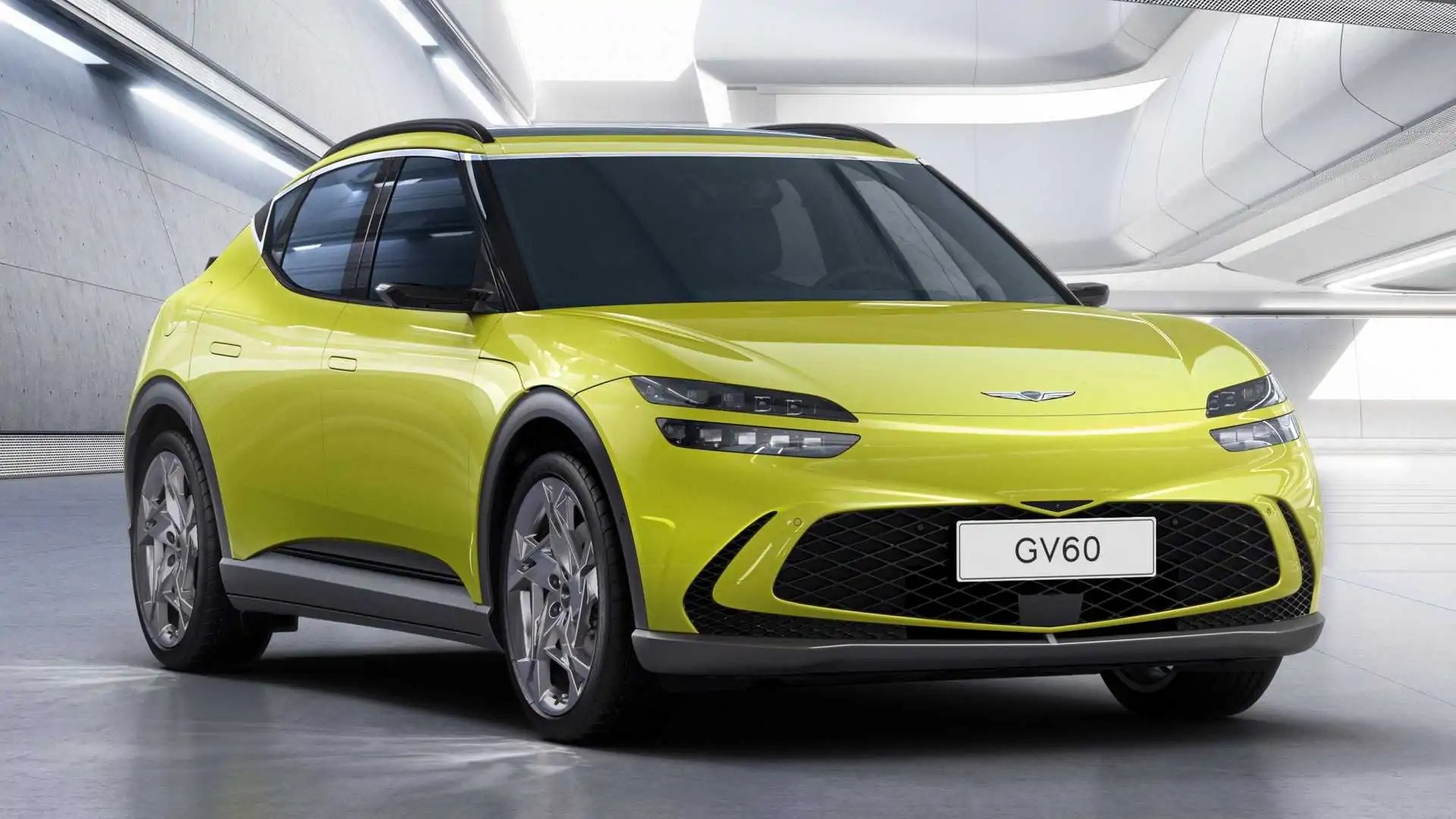Hyundai Motor Co. has started production of its first all-electric vehicle in the United States, following the passage of the U.S. Inflation Reduction Act (IRA) in August 2021, which disallows subsidies for imported EVs.
The South Korean carmaker has begun assembling the Genesis GV70 SUV at its Alabama plant to qualify for up to $7,500 in tax credits under the IRA. This move aims to counter concerns that Hyundai and its smaller affiliate Kia Corp. could lose market share in the U.S. market as they produce EVs at domestic plants for export to the U.S.
See also: Genesis GV70 EV Become Korea’s First Electric Cars Produced in the US
Hyundai’s production of EVs in Alabama precedes the construction of the automaker’s dedicated EV plant in Georgia. In May 2022, the company announced it will invest $5.54 billion to build an EV and car battery manufacturing plant in Georgia, which will produce 300,000 units per year starting in 2025. By 2030, Hyundai plans to roll out 17 EV models, including six Genesis models, with Kia scheduled to release 14 EVs by 2027.
Hyundai and Kia aim to sell 3.23 million EVs, including 840,000 units in the U.S., in 2030, accounting for 12% of the global EV market. These plans align with the Biden administration’s goal to attract more investment in EVs and create more jobs in the industry, with a target of EVs accounting for half of all vehicles sold in the U.S. by 2030. The production of EVs in the U.S. is expected to increase as automakers strive to meet the growing demand for electric vehicles and take advantage of government incentives.





